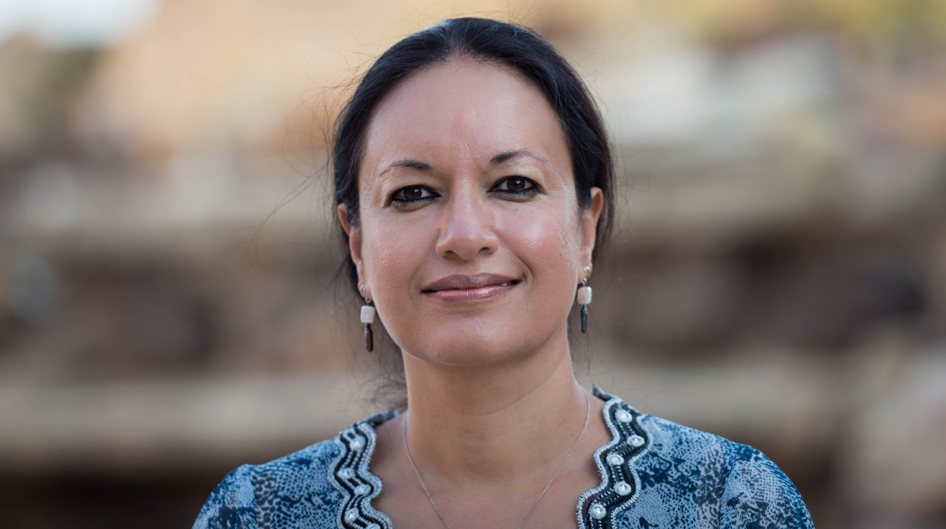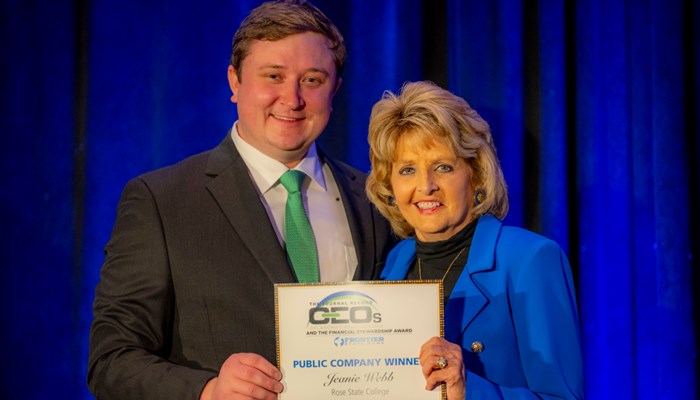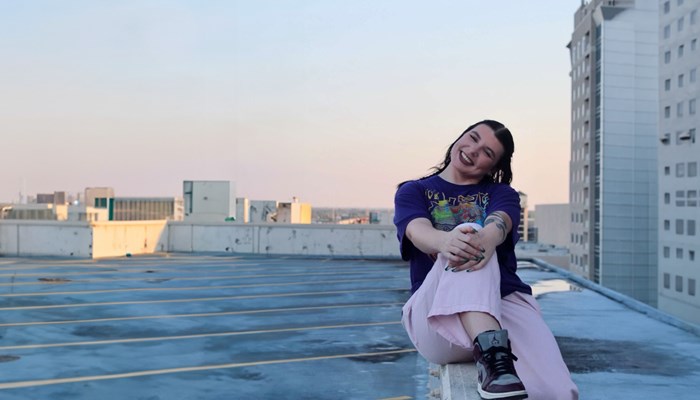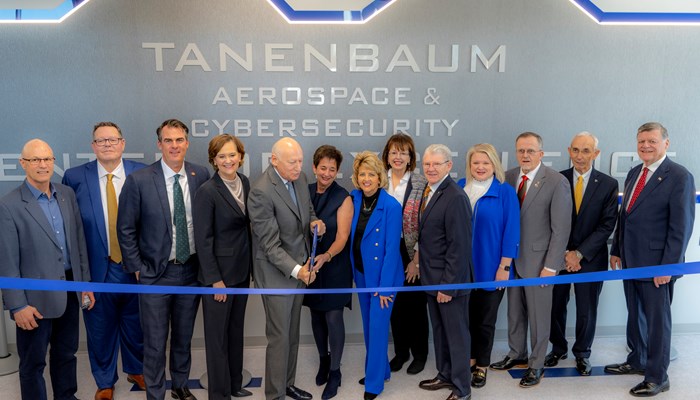Rose State Professor Teaches Students in India Published October 5, 2018
 Summer is a time for resting, relaxing, and preparing for the upcoming school year. However, it can also be a season for pursuing other interests and passions. From younger students who require flexibility with courses to adults continuing their education to enhance their lives, Rose State College encourages people to grow in and out of the classroom.
Summer is a time for resting, relaxing, and preparing for the upcoming school year. However, it can also be a season for pursuing other interests and passions. From younger students who require flexibility with courses to adults continuing their education to enhance their lives, Rose State College encourages people to grow in and out of the classroom.
The same is true of faculty members, such as Dr. Nyla Khan, who spent this past summer teaching and meeting with students in India. As a professor of Composition 1 and 2, Dr. Khan tries to incorporate aspects of many other subjects into her courses.
“I’ve been teaching at Rose for four semesters,” she says. “The way I teach is very interdisciplinary. I talk a lot about politics, literature, women’s issues, racial issues, and global issues. I try to bring my work in as well.”
Every summer, Dr. Khan returns to Kashmir, India, to visit her family and give guest lectures at various institutions. This past year, Dr. Khan also had the opportunity to visit several colleges and universities as well as rural areas to speak to knowledge-hungry students on everything from social issues to cultural empowerment to ideological divides.
“Kashmir is also my laboratory,” she says. “It’s where I do my fieldwork.”
Dr. Khan received her Ph.D. from the University of Oklahoma. Before accepting a position at Rose State, she taught at the University of Oklahoma and the University of Nebraska. She’s published several books as well as her dissertation, each examining various aspects of Kashmir and India, from history and culture to the life and work of her grandfather, Sheikh Abdullah. The Sheikh was the first Muslim prime minister of Jammu and Kashmir before being imprisoned for his politics for 22 years. After he got out, he ran for office and won, again.
“My grandfather is revered, but he’s also vilified, like any political figure who was on the landscape of a region for half a century,” she says. “[It’s] challenging to talk about him and his politics without getting emotional.”
In rural areas of Kashmir, Dr. Khan met and talked with younger students from diverse backgrounds and sects. A conflict zone since 1989, Kashmir is the most frequent subject of Dr. Khan’s work. She believes the young people and students she speaks to are eager to learn and create solutions for their nation’s biggest issues.
“I saw this thirst for knowledge, this quest,” she says. “Young people want to learn; they want exposure to global realities, exposure to global politics. They want to see how they can build bridges across ideological divides, across religious divides — how they can build these global networks that would empower them to rebuild their nation.”
“Like most urban people, I grew up with stereotypes of rural communities,” she says. “I met with a lot of bright young people who have tremendous potential. They’re ambitious; they have fantastic aspirations. The things they lack are exposure, opportunities, and infrastructure.”
Being a professor at Rose and visiting Kashmir’s rural areas has helped Dr. Khan to move beyond preconceived notions of underdeveloped areas and see the world more clearly. She says Kashmir and Oklahoma are similar in many foundational ways, with diverse communities of citizens who want to improve and empower their place in the world.
“Teaching at Rose has been a learning experience,” she says. “I deal with kids from all over, from diverse socioeconomic backgrounds, diverse racial backgrounds, and teaching at Rose has been an eye-opener for me. There are quite a few similarities between the developed world and the developing world.”
Dr. Khan is also on the advisory council of the Oklahoma Commission on the Status of Women, a non-partisan commission run by the state which seeks to “enable women to make their maximum contribution to society,” according to their website. Dr. Khan believes being on this council, like working at Rose State and visiting Kashmir, has helped give her work greater scope and understanding.
“This world is becoming a village,” she says. “[The trip] enabled me to evolve intellectually, emotionally, and spiritually. It made me realize my own worldview had been constricted. We are all a lot more interconnected than we ever were. We can influence one another constructively, positively, and we can build bridges across racial divides, across political divides, and religious divides as well.”


